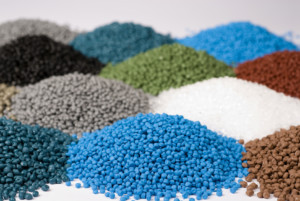 Bioplastics operate at the forefront of modern green businesses, but the security systems put in place to protect businesses in the industry are often at odds with the inherent environmental advocacy of degradable plastics. According to a study published by the UK’s University of Surrey, burglar alarms and CCTV often have a surprisingly high carbon footprint, owing to the fact that businesses often prefer to use cheaper, carbon-based fuel to operate them. For a company to be considered truly green and have a vested interest in being environmentally friendly, their operations must work together and be green on all fronts; including security within bioplastics.
Bioplastics operate at the forefront of modern green businesses, but the security systems put in place to protect businesses in the industry are often at odds with the inherent environmental advocacy of degradable plastics. According to a study published by the UK’s University of Surrey, burglar alarms and CCTV often have a surprisingly high carbon footprint, owing to the fact that businesses often prefer to use cheaper, carbon-based fuel to operate them. For a company to be considered truly green and have a vested interest in being environmentally friendly, their operations must work together and be green on all fronts; including security within bioplastics.
As with all things, new technology is providing options for addressing and tackling the sustainability question. The bulk of the issue with monitoring and prevention security in tech is that it always remains ‘on’, requiring constant power and creating emissions in the meantime. Managed security services have done much to tackle this by removing that need for constant electrical power, and improving assurance by moving the work back on to active human participation. Bioplastics has a key role to play in this, too, and as managed security provides a green solution to monitoring, bioplastics will provide new technology to improve the situation wholesale.
Bioplastics News reported in July 2019 that food giant Nestlé, who is also one of the biggest consumer of plastic packaging in the world, had developed bioplastic based security tags to replace the non-degradable versions currently used in its supply chain. These tags, which are used on consignments and in warehousing to provide assurance as to the quality and safety of a product, number in their millions. This new plastic has created a tag that is strong enough to show when tampering has taken place, but when removed, is easily broken down and, therefore, does not contribute to plastic buildup. This has the twofold effect of maintaining security assurance – chiefly in the respect that products have not been tampered with – while simultaneously not creating more plastic waste for a product that is, by definition, completely disposable.
To read the whole article on Bio-based News click here.